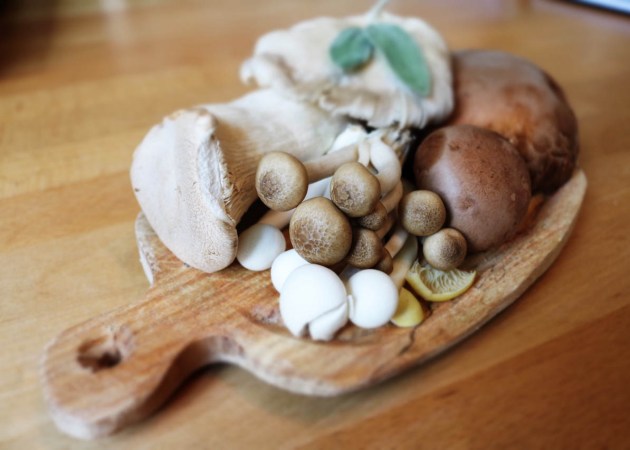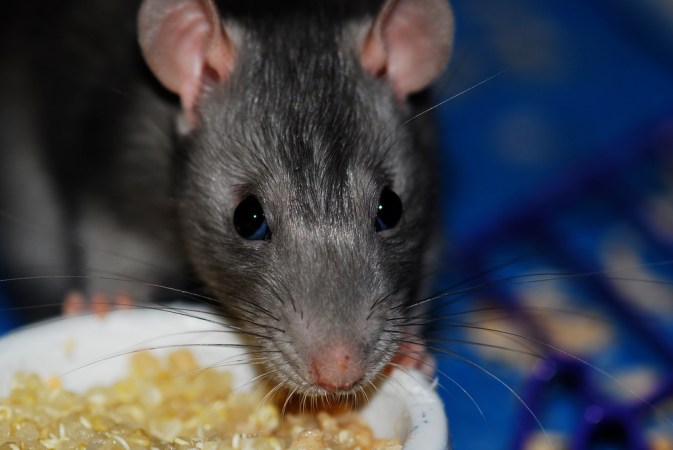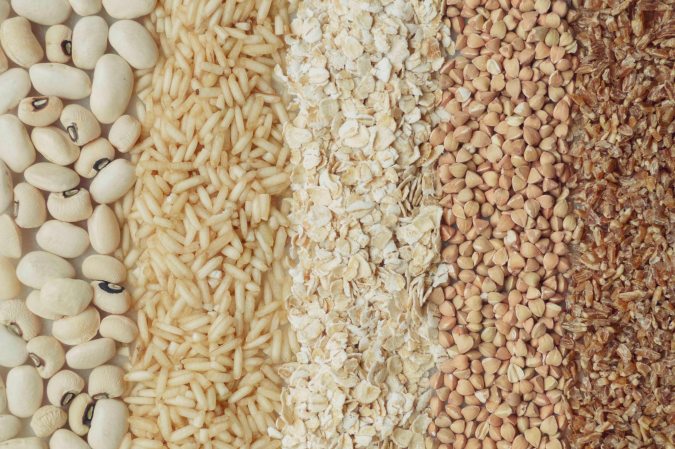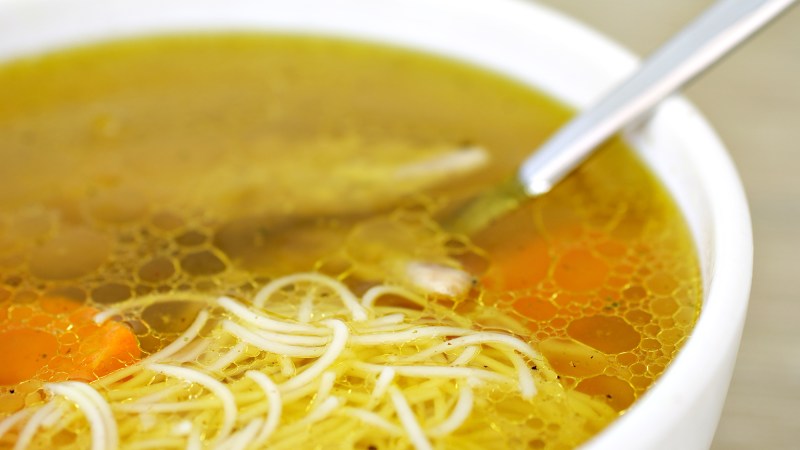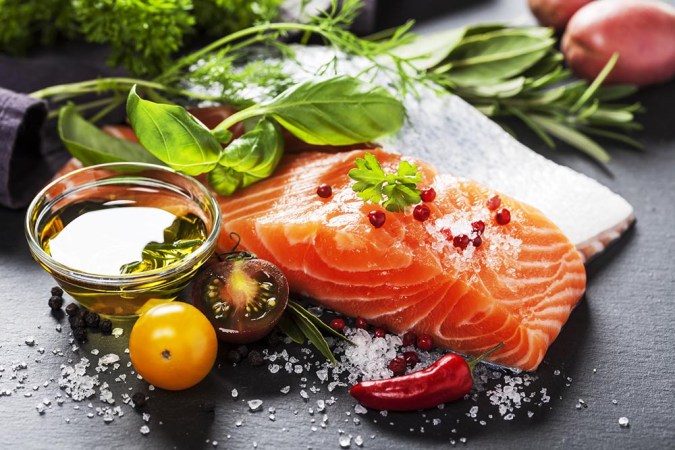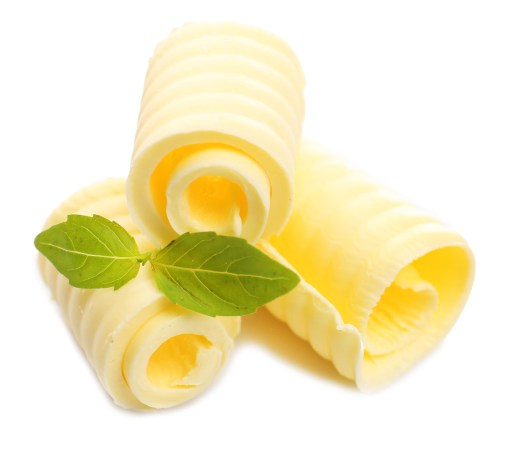

At this point, it’s practically sacrilege to say you don’t like avocados. The craze has swept the world faster than a yawn in a warm room. And that’s brought on a whole lot of avocado evangelism. Did you know they’re high in healthy fats? They’re rich in vitamin B6!
The last thing these zealots need is another reason to spread the word of their sweet, creamy green god. But chemists just keep finding more to love about this beautiful berry (yes, avocados are berries, botanically speaking).
That giant pit may have uses even more fruitful than the germination of a new avocado tree. Chemists presented work this week at the American Chemical Society meeting showing that the thin, papery film wrapped around that pit has a bunch of antiviral and antioxidant compounds hiding inside.
Just to be clear: you cannot eat the pit or the husk. Repeat: DO NOT EAT AN AVOCADO PIT. The husks may contain compounds with marvelous medicinal applications, but they also carry some toxic substances. Those compounds actually come in handy in plastic production, but they’re definitely not fit for human consumption.

Luckily, the chemists behind this discovery don’t want you to just chow down on an avocado’s slimy center. They want you to start recycling them. Bottle and can deposits are common enough—why not avocado pit deposits?
Putting aside the fact that the pits will eventually decompose in a regular landfill (unlike bottles and cans) it’s not the most insane idea. People are constantly coming up with ways to reuse old coffee grounds—and a lot of those cafes now serve avocado toast for $10 a pop (though that’s surprisingly reasonable when you break down the costs). If they could just start collecting the pits, chemists could start upcycling the husks into medicines and plastics.
That’s probably a bit optimistic for the near future, but the idea of taking medicines from nature isn’t. About half of all cancer drugs are either natural products or derived from nature, and so are about 75 percent of antibiotics. Avocado husks contain lauric acid, butylated hydroxytoluene, and docosanol, which is already sold as an antiviral drug under the brand name Abreva. With a bit of tinkering, these chemists say they hope to increase the potency of these natural remedies to make them into full-fledged drugs.
For now, if you want to get the most out of your avocado, try this tip: stop letting the dark green bits that attach to the skin end up in the trash. The outermost flesh is actually the healthiest (edible) part of the berry. Those slightly rough pieces are where the carotenoids hide. Carotenoids are essentially antioxidants, though you may also recognize them as natural pigments: they give carrots, apricots, and flamingoes their color.
It’s still very much up for debate whether dietary antioxidants have a significant impact on your cancer risk. Some studies have shown a protective effect. Others have shown nothing. Welcome to the world of nutrition science—most of the time, the results are unclear.
So go forth, you avocado mavens. Enjoy your moral superiority. And the rest of you can continue to enjoy not paying $6 for a single piece of fruit.
